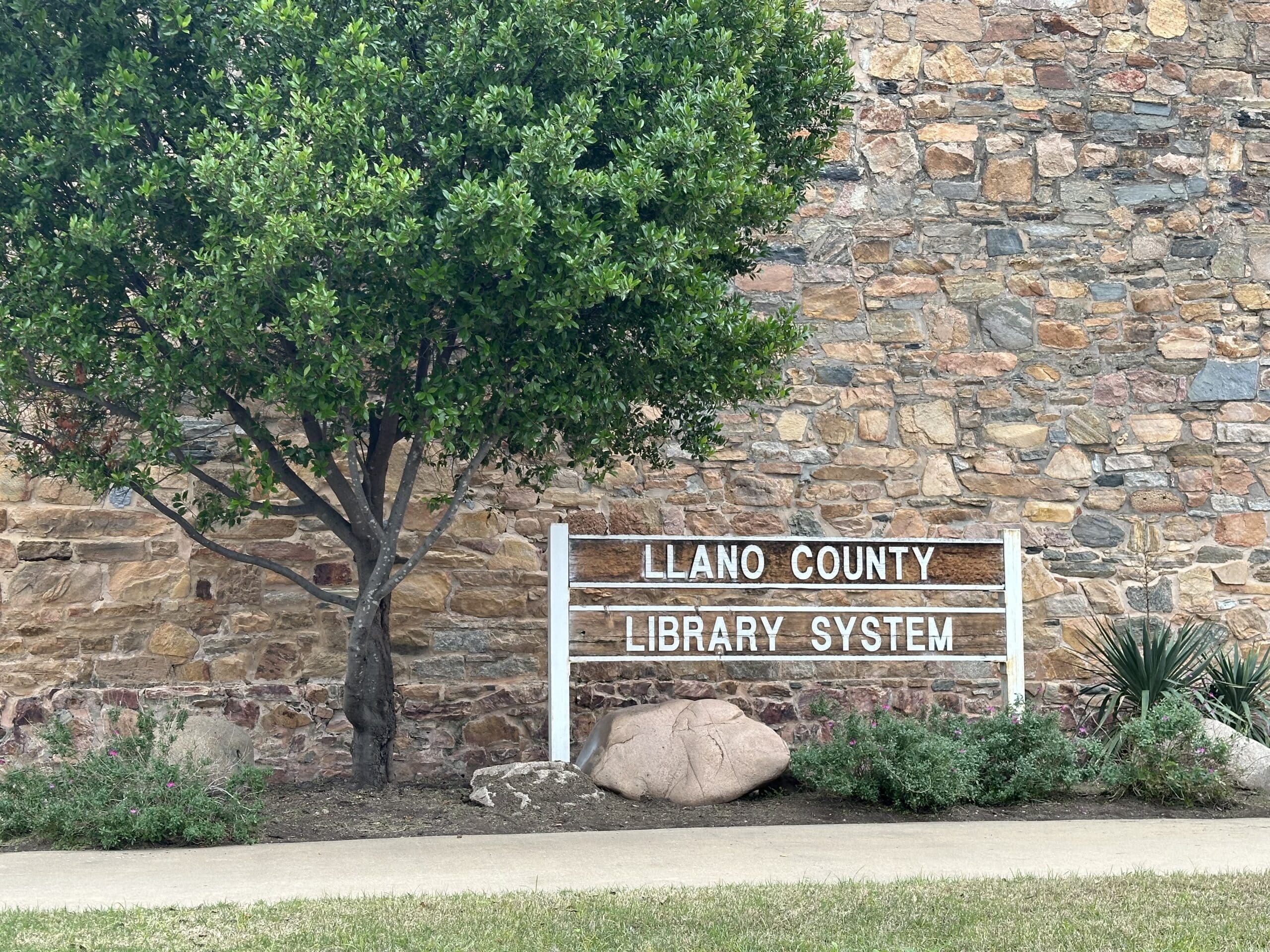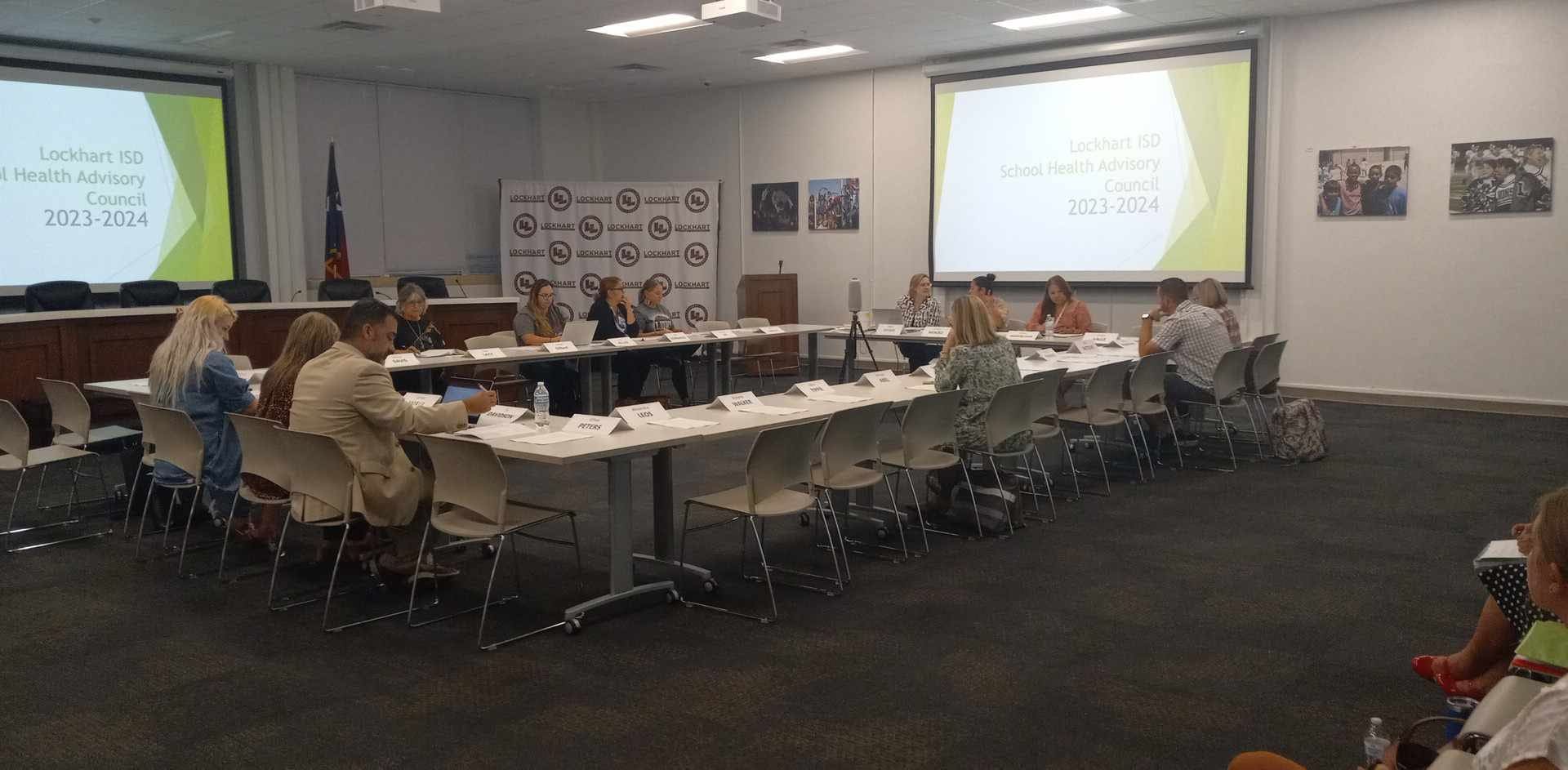Though school choice legislation has passed the Texas Senate, advocates for the issue have a lot less to celebrate than originally planned.
Championed by Lt. Gov. Dan Patrick, school choice has been a major issue this session with advocates for and against the legislation heavily engaged in the Texas Legislature. Conservatives quickly coalesced behind Senate Bill 3, which would allow state funding to follow children to the public, private, or home school of their choice.
SB 3 was introduced by State Sen Larry Taylor, a Republican from Friendswood, as a robust measure that would create Educational Savings Accounts through which Texas children would be eligible for state education funding.
Under the bill, disabled children would be eligible for 90 percent of the state average of maintenance and operations expenditures (currently about $9000). Other children would be eligible for 60 or 75 percent of that amount depending on income. Parents could spend money held in their child’s ESA on items like tuition, uniforms, and textbooks.
Under the terms of the legislation, the state and each school district would split the remaining portion of state funds saved when a child would elect to move to a private or home school. Half ($1,100) would go to the school district of the leaving student as a windfall to improve per-pupil funding, and half would be retained by the state as savings for taxpayers.
It was that part of the bill that incensed educrats.
Like medieval lords whose fiefdoms had been threatened, superintendents and school board members were enraged at the prospect of students choosing a different school – a prospect that would decrease the overall amount of revenue they would receive.
Deploying dozens of lobbyists, the educrats have fought aggressively against the legislation and convinced a number of Republicans to join their ranks in opposition to it. With enough lawmakers committed to vote against the bill, Patrick and Taylor made steep concessions in order to pass it out of the senate.
Those changes were unknown by anyone but Taylor until shortly before SB 3 came to the floor on Thursday. Bundling changes into a “floor substitute,” Taylor virtually re-wrote the legislation with his first amendment with the following changes:
- A massive carve-out to remove students from any county with less than 285,000 Texans from being eligible for an ESA. This change appeared necessary in order to gain the support of State Sen. Charles Perry(R–Lubbock), who even amended Taylor’s amendment to use 2010 Census numbers when he was informed that Lubbock County had recently eclipsed the population threshold.
- A removal of home schoolers from the bill. Under the amended version, ESA’s could only be used to pay for expenses related to attending accredited private schools.
- A sharp reduction in eligible students. After Taylor’s amendment, students whose families make more than $75,000 per year would not be eligible for an ESA. Under the original legislation the income ceiling was substantially higher, encapsulating more students.
- A change in the funding mechanism. Rather than be funded through the Foundational School Program, ESA’s would now be funded out of General Revenue.
- A “cap” of $25 million on franchise tax-credit scholarships that students could receive in addition to an ESA.
In a serious understatement, the bill’s author described the changes as a “narrowing.”
“The whole bill in general is going to be narrowed quite a bit,” said Taylor in laying out the legislation. “We didn’t add things, we only took things away,” he later stated
With the bill substantially weakened, Taylor was able to gain the support of Perry and passed the measure 18-13. Democrat State Sen. Eddie Lucio of Brownsville joined most Republicans voting in favor of the bill, but Republican State Sens. Joan Huffman (Southside Place), Kel Seliger (Amarillo), and Robert Nichols (Jacksonville) joined with the other Democrats to vote against it.
While conservatives can, and should, take exception to Taylor’s weakening of SB 3, it’s also true that it was necessary in order to pass the bill. Under Patrick’s Three-Fifths Rule (which replaced David Dewhurst’s Two-Thirds Rule), the legislation could not have reached the floor without Perry’s support.
The legislation will now proceed to the Texas House where it has been declared “dead on arrival” by Public Education Chairman Dan Huberty (R–Kingwood).





